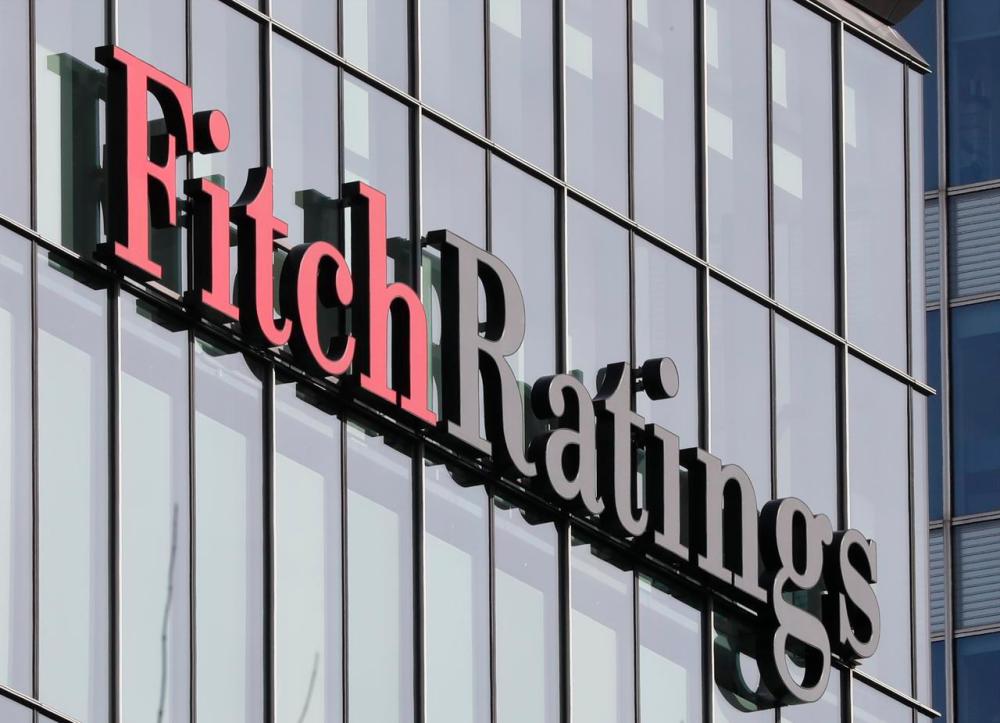PETALING JAYA: Fitch Solutions has revised its 2020 fiscal deficit forecast for Malaysia to 5.7% of gross domestic product (GDP), from 3.9% previously, to reflect the increased expenditure required to fund the combined RM250 billion stimulus package.
It also projects 2020 real GDP growth at 1.2%, revised downwards from 3.7% previously, reflecting its expectation for further stimulus from the government.
Although the RM250 billion package amounts to 17% of GDP, the research arm of Fitch Ratings remains cautious on its effectiveness at stabilising employment and keeping businesses open amid crushing economic headwinds.
“We do not expect this package to significantly improve the economic outlook, even though the large increase in handouts for households will likely help to keep private consumption growth afloat,” it said
As such, Fitch Solutions said it is maintaining its private consumption growth forecast at 1%.
On the negative side, it said most of the help for businesses has come in the form of loans and loan guarantees, rather than cost reduction measures, such as those adopted in China and Singapore.
“We continue to stress the risks to long-term growth and social security from financing stimulus by drawing on pension funds and relying on the private banking sector to absorb the economic shock, especially since any further stimulus is likely to rely on the same funding strategy, given tight fiscal constraints.
“While concessionary loans and loan guarantees for businesses are a positive step, we are of the view that they are only part of the solution. Cost reduction measures are important in helping businesses remain viable, or decide that the current downturn will not exact losses that will be too costly to weather,” it said.
It went on to elaborate that if businesses decide that it is futile to carry on, they will likely not take up the loans that the government is offering or guaranteeing. Furthermore, businesses have to prove that their revenues have contracted by at least 50% in the year-to-date of the application.
“Given that Malaysia was operating normally until March 18 when the movement control order began, most businesses will likely find it hard to qualify until later in the year,” it said.














